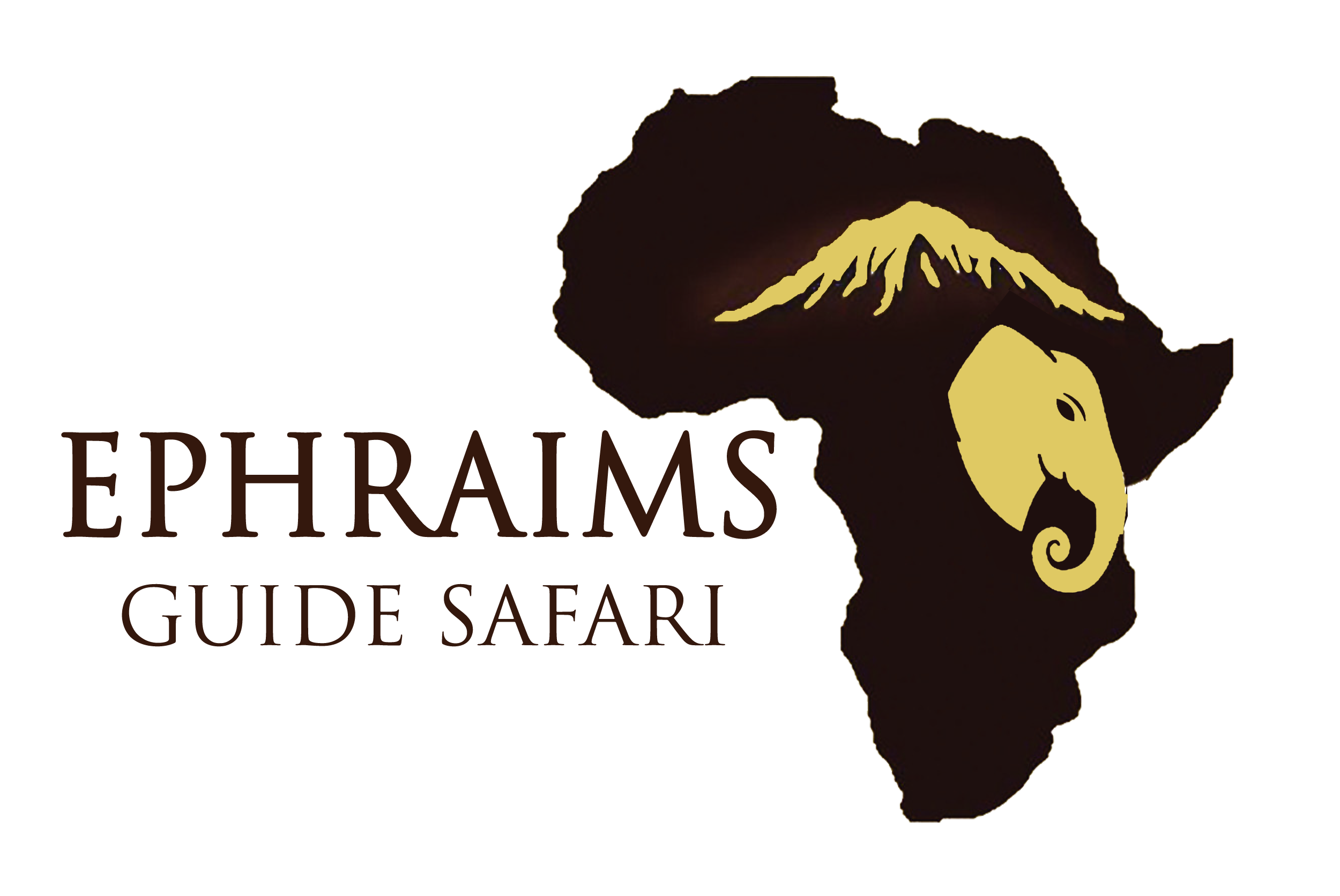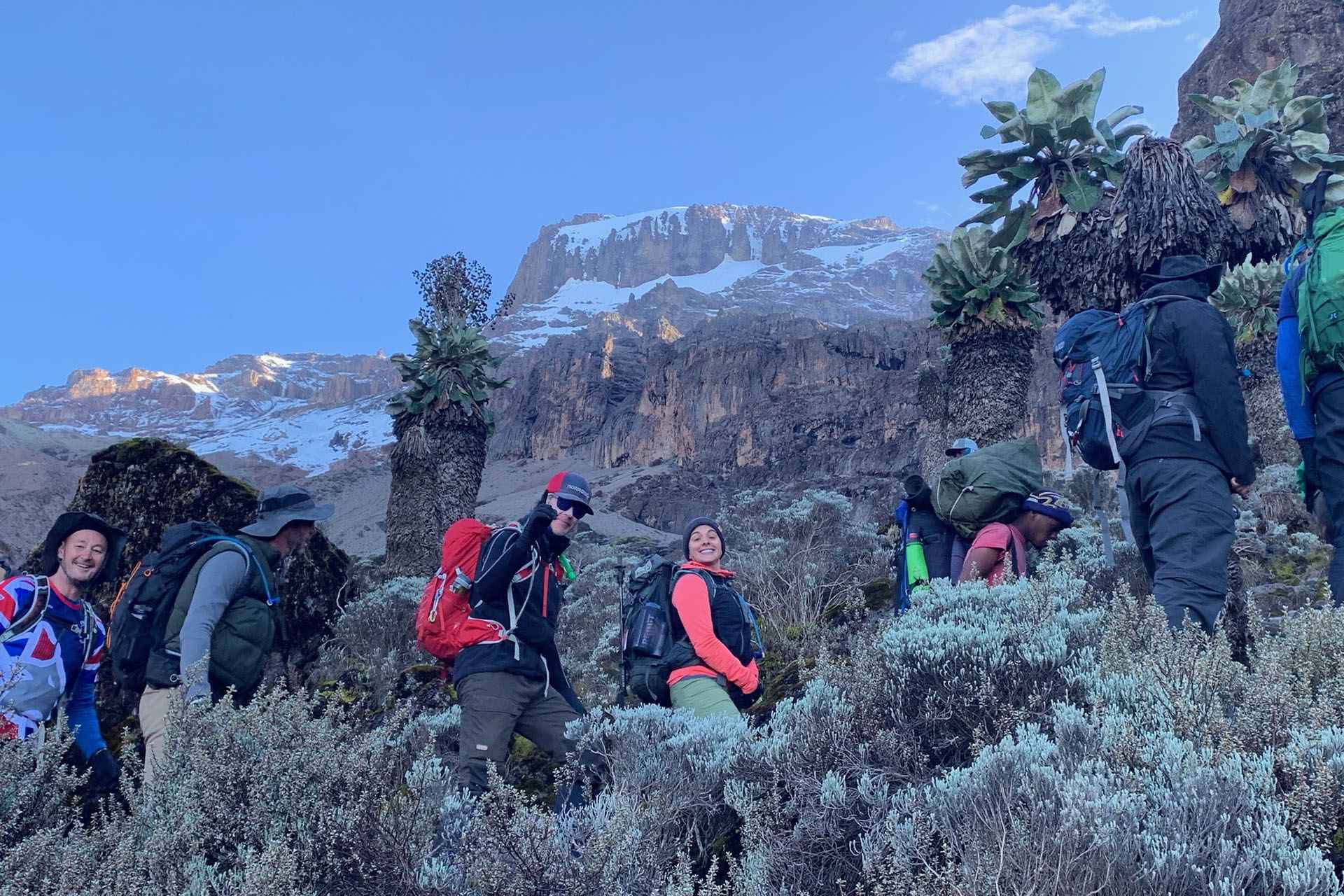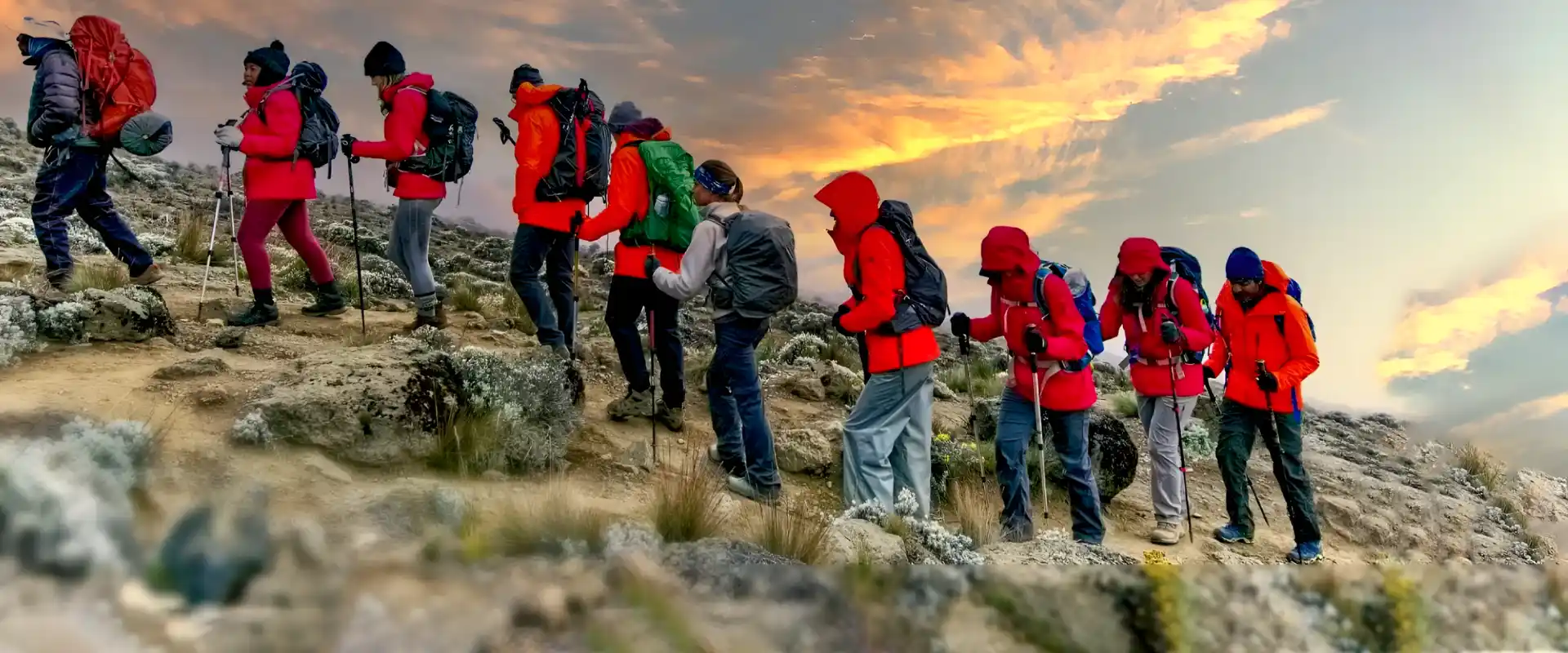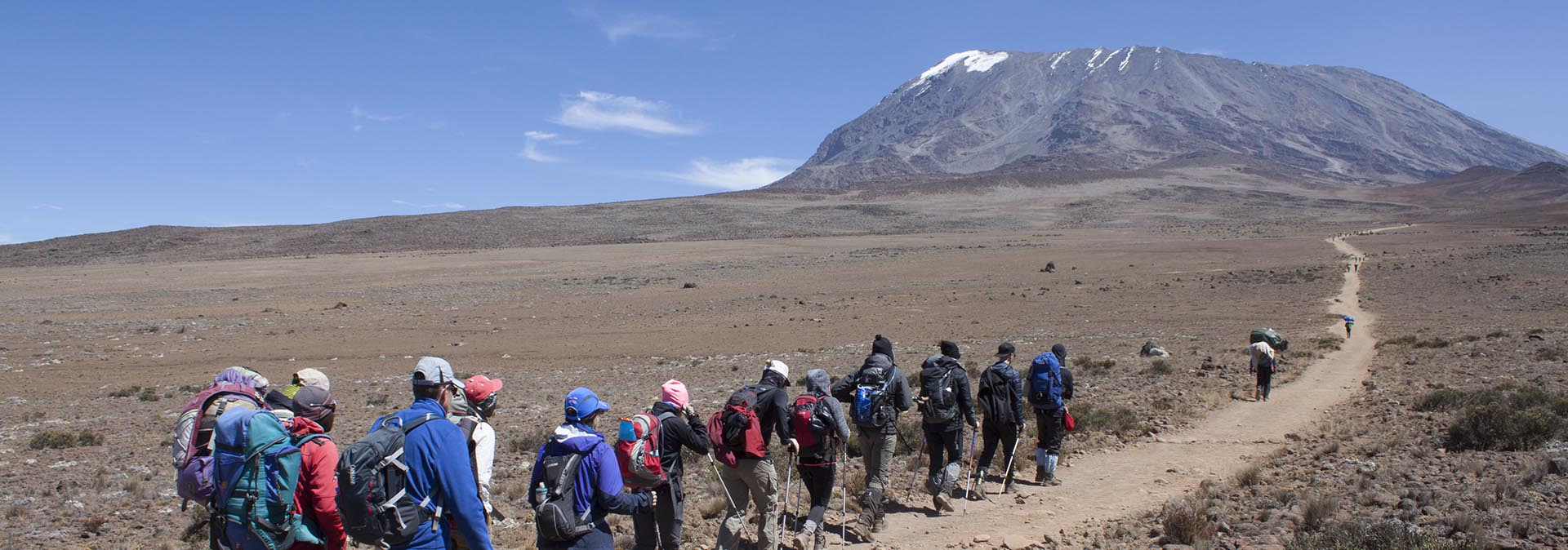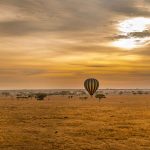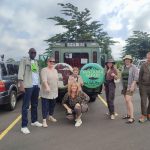Climbing Mount Kilimanjaro, Africa’s highest peak, is a thrilling and life-changing adventure. However, like any high-altitude trek, it comes with its own set of safety challenges and health risks. At Ephraims Guide Safaris (EGS – Tanzania), we prioritize your safety, ensuring your Kilimanjaro experience is as safe and enjoyable as possible. Below, we highlight the most common health risks and the necessary precautions you should take to successfully summit Kilimanjaro while maintaining your well-being.
Common Health Risks on Kilimanjaro
The trek to the summit of Kilimanjaro can present a variety of physical challenges, many of which stem from the rapid ascent to high altitudes. These are the most common health risks associated with the climb:
1. Altitude Sickness (Acute Mountain Sickness – AMS)
Altitude sickness is the most common health risk on Kilimanjaro. As you ascend higher, the air becomes thinner, which means less oxygen is available for your body to use. This can cause symptoms such as headaches, dizziness, nausea, and fatigue. In severe cases, it can develop into high-altitude cerebral edema (HACE) or high-altitude pulmonary edema (HAPE), both of which can be life-threatening if not treated immediately.
Precautions:
- Climb slowly: One of the most important factors in avoiding altitude sickness is allowing your body time to acclimatize. Our Kilimanjaro itineraries are designed with acclimatization in mind.
- Stay hydrated: Drinking plenty of water (3-4 liters per day) helps your body adapt to the altitude.
- Listen to your body: If you start feeling the symptoms of AMS, it’s important to inform your guide immediately. Our guides are trained to monitor altitude sickness and will adjust the pace of the trek if needed.
- Consider medications: Some climbers choose to take medication such as Diamox (acetazolamide), which can help prevent altitude sickness. Consult your doctor before your trip to determine if this is appropriate for you.
2. Dehydration and Sun Exposure
The sun can be intense at higher altitudes, and the risk of dehydration increases. Dehydration can exacerbate the effects of altitude sickness and lead to other complications like heat exhaustion.
Precautions:
- Drink regularly: Always carry a water bottle and sip water frequently throughout the day. We recommend bringing a hydration bladder for easier access.
- Wear sunscreen: Use high-SPF sunscreen and reapply frequently, especially to exposed areas like your face and hands.
- Protective clothing: A wide-brimmed hat, UV-protective sunglasses, and long sleeves will help protect you from harmful UV rays.
3. Cold and Hypothermia
Temperatures on Kilimanjaro can drop drastically, especially at night and as you approach the summit. Being exposed to extreme cold can lead to hypothermia, a dangerous condition where your body loses heat faster than it can produce.
Precautions:
- Proper clothing: Wear layers, including thermal base layers, an insulating layer (like a down jacket), and a waterproof/windproof outer layer. Ensure you have warm gloves, a hat, and thermal socks.
- Sleeping bag: A high-quality, 4-season sleeping bag rated for sub-zero temperatures is essential.
- Keep dry: Wet clothing can accelerate heat loss. Pack waterproof gear and ensure your boots, socks, and clothing stay dry during the climb.
4. Physical Fatigue and Muscle Strain
Kilimanjaro is a strenuous trek, and your body will endure physical challenges such as steep inclines, rocky paths, and long trekking days. Without proper physical preparation, you may experience muscle fatigue or injury.
Precautions:
- Pre-climb training: We recommend several weeks of physical preparation, including hiking, cardio workouts, and strength training.
- Pacing: Our guides will set a slow, steady pace (“pole pole” in Swahili) to prevent overexertion and help your body adjust to the changing altitude.
- Trekking poles: Using trekking poles can help reduce the strain on your knees and improve stability on uneven terrain.
5. Gastrointestinal Issues
Food and water contamination, along with the physical stress of high-altitude trekking, can lead to gastrointestinal issues such as diarrhea or stomach cramps.
Precautions:
- Safe drinking water: All water provided by EGS will be boiled, filtered, or treated to ensure it’s safe to drink. You can also bring water purification tablets as an extra precaution.
- Hygiene: Wash your hands regularly, especially before meals, and use hand sanitizers. Be cautious with any food that is not provided by the trekking team.
Our Safety Measures at Ephraims Guide Safaris
At Ephraims Guide Safaris, we are committed to ensuring a safe and successful Kilimanjaro experience. Here’s how we help protect your health:
- Experienced Guides: Our guides are highly experienced in high-altitude trekking and trained in first aid and emergency response. They will monitor your health closely, checking for signs of altitude sickness and other potential issues.
- Oxygen and Medical Kits: We carry oxygen canisters, pulse oximeters (to measure blood oxygen levels), and comprehensive medical kits on every trek to ensure you’re cared for in case of an emergency.
- Rescue Protocols: In the unlikely event of a serious illness or injury, we have established evacuation protocols in place. Our team is well-versed in coordinating rapid evacuations if needed.
Final Safety Tips
- Travel Insurance: Ensure you have comprehensive travel insurance that covers high-altitude trekking and emergency evacuation. This is essential in case of unexpected medical issues.
- Consult Your Doctor: Before your trek, consult with your doctor, especially if you have pre-existing conditions or are concerned about altitude. Discuss the use of preventive medications like Diamox if necessary.
- Mental Preparation: Climbing Kilimanjaro is as much a mental challenge as a physical one. Stay positive, take it slow, and focus on the incredible journey ahead.
Why Choose Ephraims Guide Safaris for Your Kilimanjaro Climb?
At EGS-Tanzania, we combine adventure with safety, providing expert guides, high-quality equipment, and personalized attention to ensure your Kilimanjaro experience is unforgettable. We are committed to your well-being every step of the way, so you can focus on achieving your goal of reaching the summit.
If you have any questions about preparing for your Kilimanjaro climb or want to learn more about safety measures, feel free to contact us. Let us help you plan a safe and successful trek to the roof of Africa!
